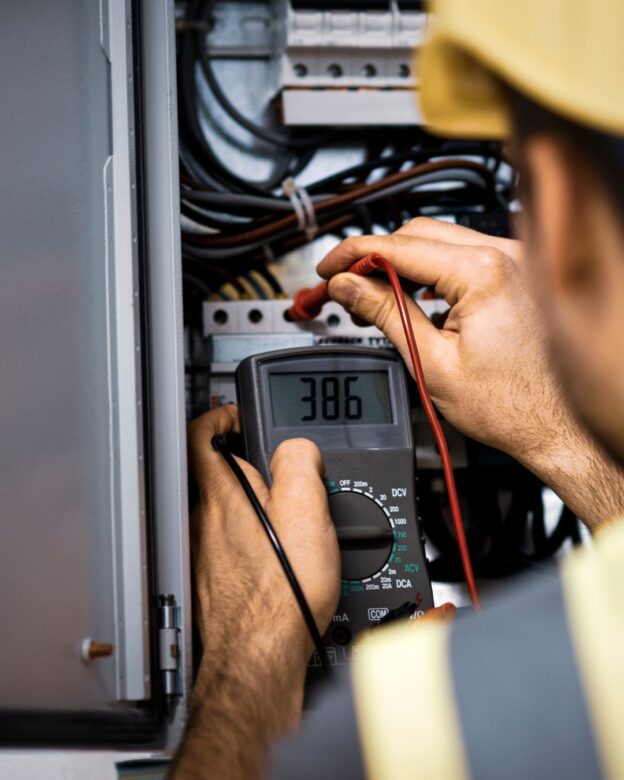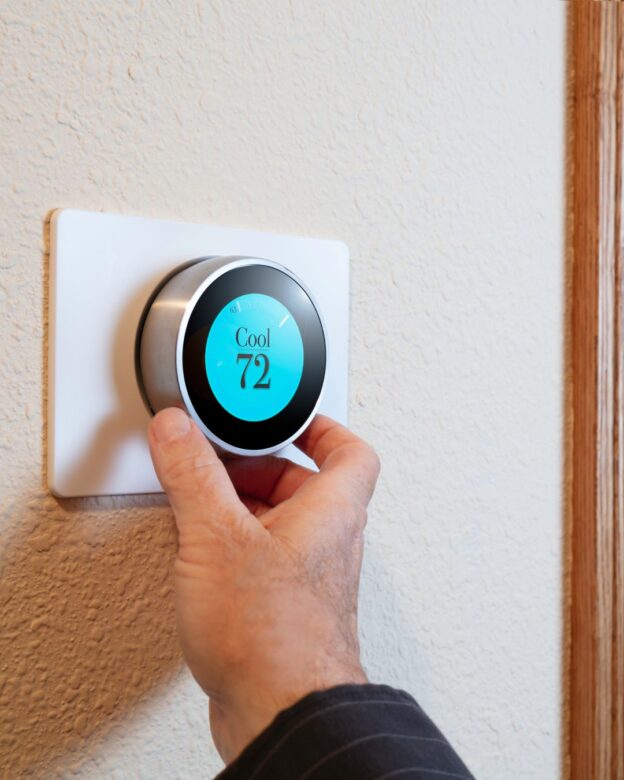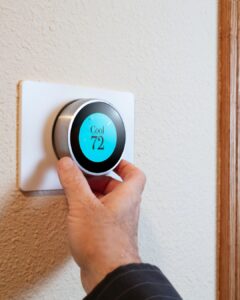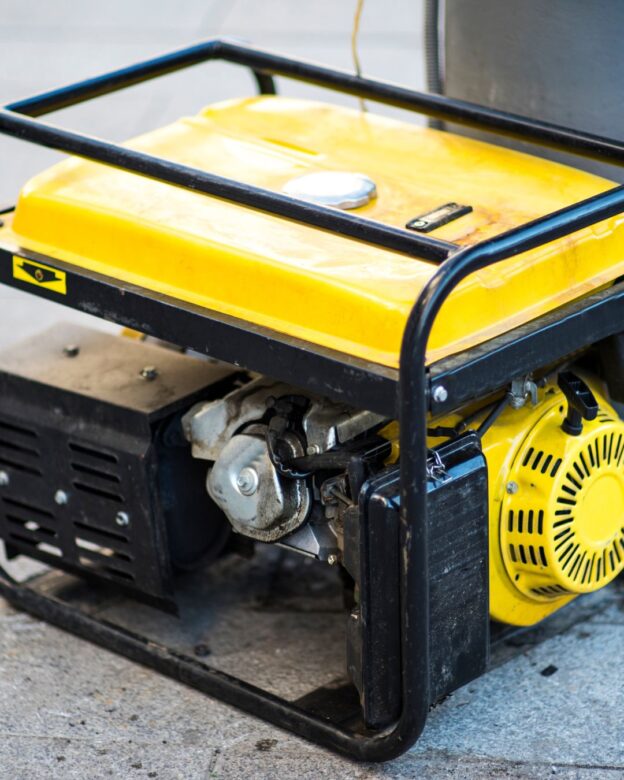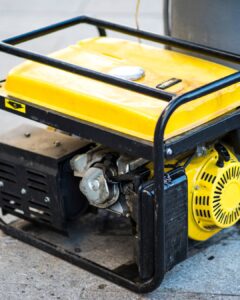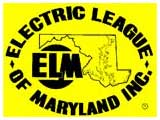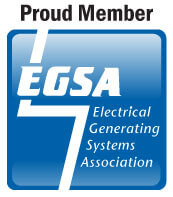As we enter 2026, homeowners are embracing innovative technology that makes their homes safer, more efficient, and more convenient. From smart lighting to home automation, these 2026 tech trends are set to transform the way we use electricity. Understanding how these devices impact your electrical system is essential for safety and efficiency.
At Little Sparkie Electric, we help Maryland homeowners integrate the latest smart home technology while ensuring their electrical systems are up to the task.
1. Smart Lighting: More Control, Less Energy
One of the biggest 2026 tech trends in homes is smart lighting. Homeowners are switching to LED bulbs connected to apps or voice assistants, allowing you to:
-
Dim or change lighting color for mood and ambiance
-
Set schedules to reduce energy waste
-
Integrate motion sensors for safety and convenience
While smart lighting saves energy, it also increases demand on your circuits if multiple devices run simultaneously. An electrician can ensure your panel and outlets handle the load safely.
2. Home Automation: Convenience Meets Electrical Efficiency
Home automation systems are expanding beyond thermostats to control locks, security cameras, garage doors, and even appliances. These devices streamline your daily routine but require careful planning:
-
Make sure circuits are not overloaded
-
Install GFCI outlets in moisture-prone areas for safety
-
Consider a panel upgrade if multiple devices will operate simultaneously
As more Maryland homes adopt automation, these 2026 tech trends emphasize the need for professional installation and system evaluation.
3. Smart Thermostats & Energy Management
Smart thermostats remain a top 2026 tech trend for energy efficiency. They learn your schedule, reduce unnecessary heating and cooling, and can be monitored remotely. Benefits include:
-
Lower utility bills
-
Reduced energy consumption
-
Enhanced comfort and convenience
However, they require stable wiring and reliable electrical systems to function properly—another reason to consult a licensed electrician before installation.
4. Electric Vehicle Chargers at Home
With the rise of EV ownership, installing a Level 2 EV charger at home is becoming a common 2026 tech trend. These chargers provide fast, convenient charging but put extra demand on your electrical panel.
A licensed electrician can:
-
Assess your panel capacity
-
Install the charger safely
-
Ensure compliance with local electrical codes
5. Safety Upgrades: AFCIs, GFCIs, and Surge Protection
Many smart devices are sensitive to power fluctuations, so upgrading safety features is critical. Installing AFCI breakers, GFCI outlets, and surge protectors helps:
-
Prevent shocks and fires
-
Protect expensive devices
-
Ensure reliable performance for your smart home
This combination of convenience, safety, and efficiency makes these devices some of the most important 2026 tech trends for homeowners.
Prepare Your Electrical System for 2026 Tech Trends
If you’re planning to upgrade your home with smart devices, don’t wait until something trips a breaker—or worse. A licensed electrician can evaluate your electrical panel, update outlets, and install devices safely.
For more electrical safety tips check out https://www.esfi.org/



